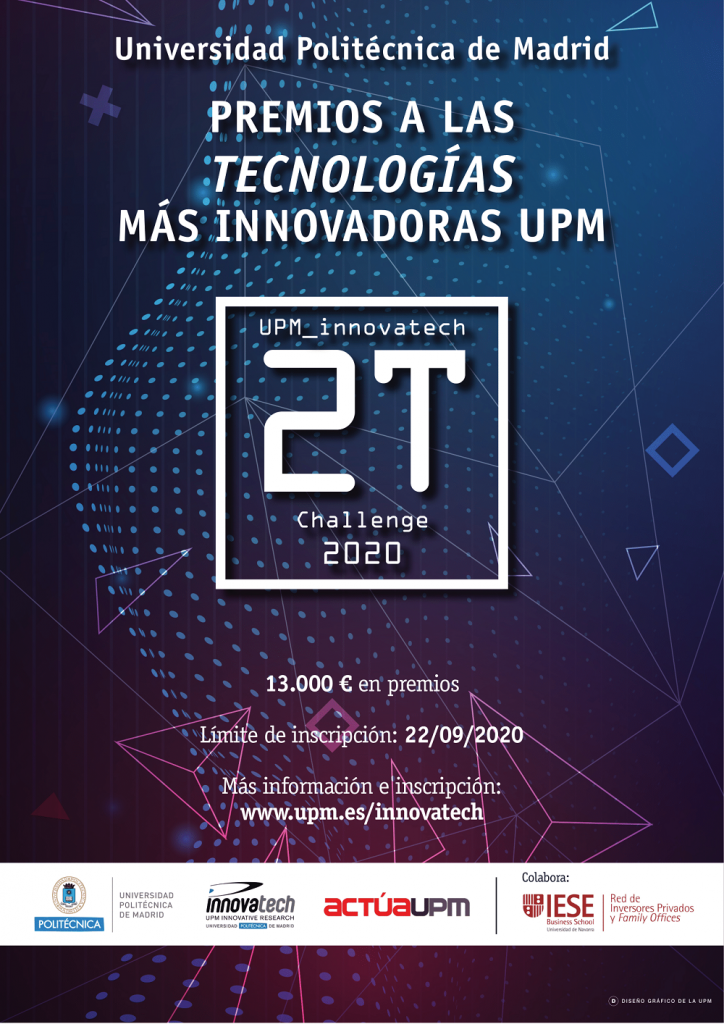In a sense, full autonomy seems to be the central objective of any automatic control systems research program. But, for different reasons, it is not. Let’s analise some of the reasons for this apparent paradox.
First, nobody in charge of real production systems want the plants to be fully autonomous because of trust. Not just due to the perceivable higher robustness of human behavior but because in general full autonomy would mean that the systems were not complying with our own objectives but with theirs (i.e. of the plant, not of the owner). This is, in fact, a big difference between research programs that focus on pure biomimicry, e.g. animatronics or artificial life, and research programs that focus on pure economical value, e.g. process control
or vetronics. This last —economic operation— is our case; so, in a sense, what we want as engineers is not full autonomy but bounded autonomy, i.e. we want to be able to make the system being autonomous up to the level where this autonomy may impinge on the system ceasing to comply to some constraints imposed by us, their masters.
Engineers want bounded autonomy
Second, no automation engineer tries to build a fully autonomous plant because in the general case of having plant-environmental uncertainty, that is a daunting, not-yet-clear-how-to-do task. There are indeed too many issues to take into account and less than perfect knowledge on how to achieve them. This implies that some levels of autonomy may be not easy to reach not only technically but economically (i.e. the effort needed to achieve them is not justified by its value).
Engineers want made-to-fit autonomy
So what we really want as automation engineers is just \emph{bounded} and made-to-fit autonomy, i.e. we strive to having the (control) knowledge, the (software) technology and the (engineering) process necessary for making the system autonomous up to the level where i) this autonomy may make the system violate some constraints imposed by design; and ii) this level of autonomy does not cost too much to achieve.
Real considerations notwithstanding, generally speaking, and from a systems researcher point of view, there is still no clear way on how to achieve full autonomy or how to progres in this made-to-fit autonomy way. Humans seem to be the most autonomous entities we know about (thanks to their reasoning, learning and creativity capabilities) and that is the reason for bioinspired approaches. No matter how poetic or sensible this may sound, we have no definitive clues on how to leverage our limited knowledge of these humanly capabilities.
